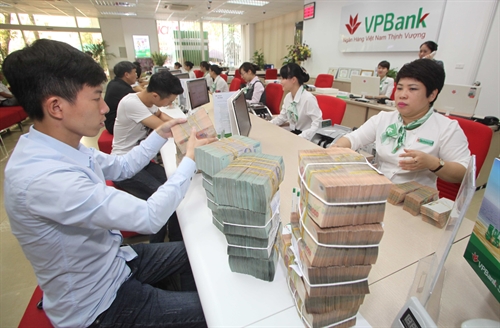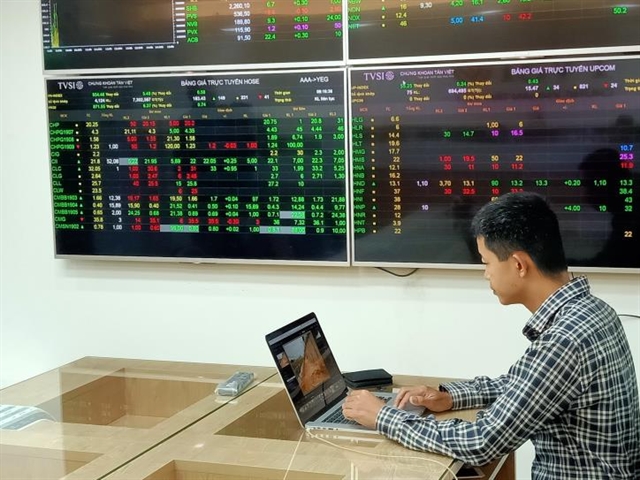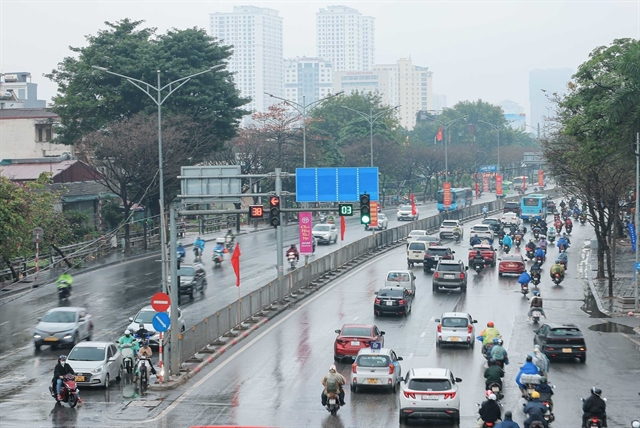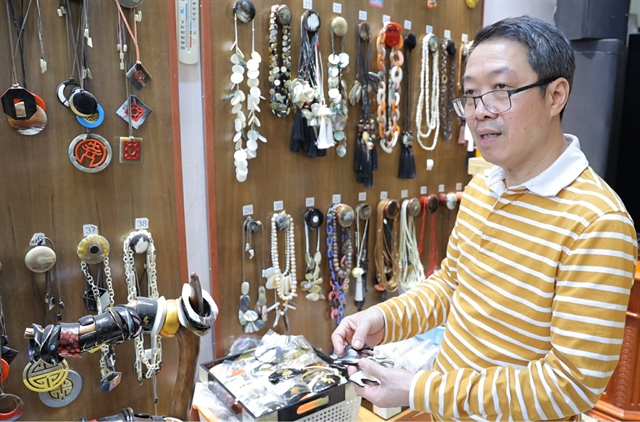 |
| Customers perform transactions at a branch of VPBank. Improving businesses’ financial capacity was necessary to enable them enter global value chains. – VNA/VNS Photo Trần Việt |
Viet Nam News HÀ NỘI – While support to enable firms to engage in global value chains as become pressing amid rapid international integration, businesses are still struggling to access credit, especially small- and medium-sized enterprises (SMEs), according to the Ministry of Industry and Trade.
The ministry estimated that just a modest 30 per cent of SMEs could access banking loans, adding that the majority of businesses lacked experience and did not have adequate assets for a mortgage or transparent enough financial reports.
Capital, human resources and technology were the three major barriers for Vietnamese enterprises when entering global value chains, the ministry said.
Improving their financial capacity was necessary to promote their participation in global value chains while SMEs were still in the dark about international integration, the ministry said.
Quyền Anh Ngọc, Director of the ministry’s Multilateral Trade Policy Department said at yesterday’s conference jointly held by the Việt Nam Chamber of Commerce and Industry (VCCI) and VPBank in Hà Nội that businesses should be active in working with banks in sectors of their advantage to gain financial resources.
Ngọc also urged businesses to develop appropriate medium and long term business strategies, which would be helpful in asking for credit.
In addition, SMEs should improve their awareness of the commitments of free trade deals, cut inefficient investments to focus finances on their core values and improve competitiveness, he said.
Those factors were important in building trust with credit institutions for the development of SMEs to get funding, according to Ngọc.
Experts at the conference said that improving the business climate together with the national competitiveness were needed to enable Vietnamese firms to participate in global value chains.
There were around 600,000 businesses in Việt Nam, 96 per cent of which were of small and medium size. - VNS
 Economy
Economy






